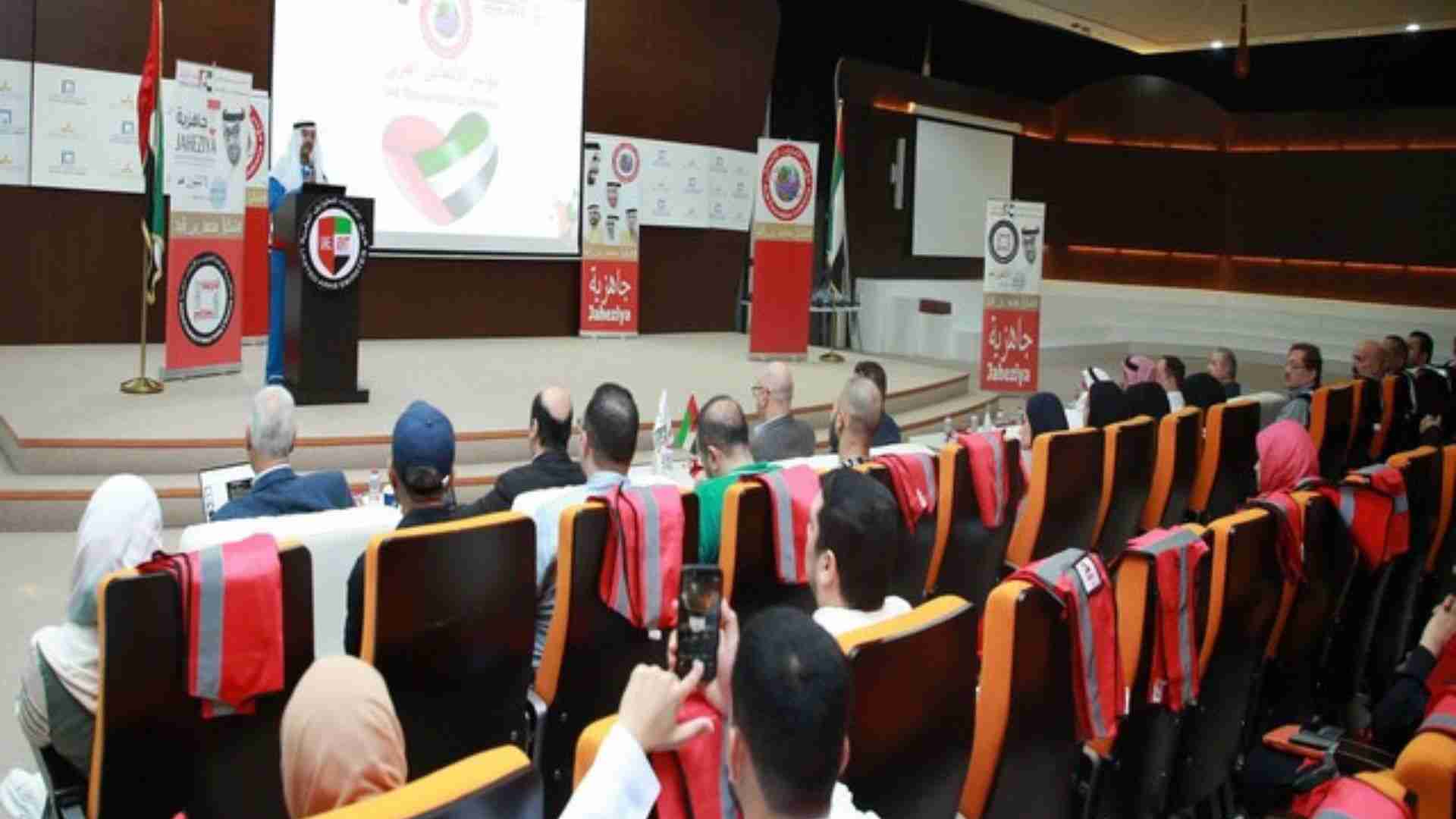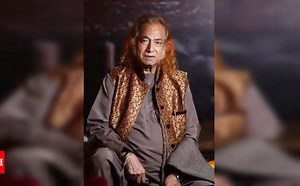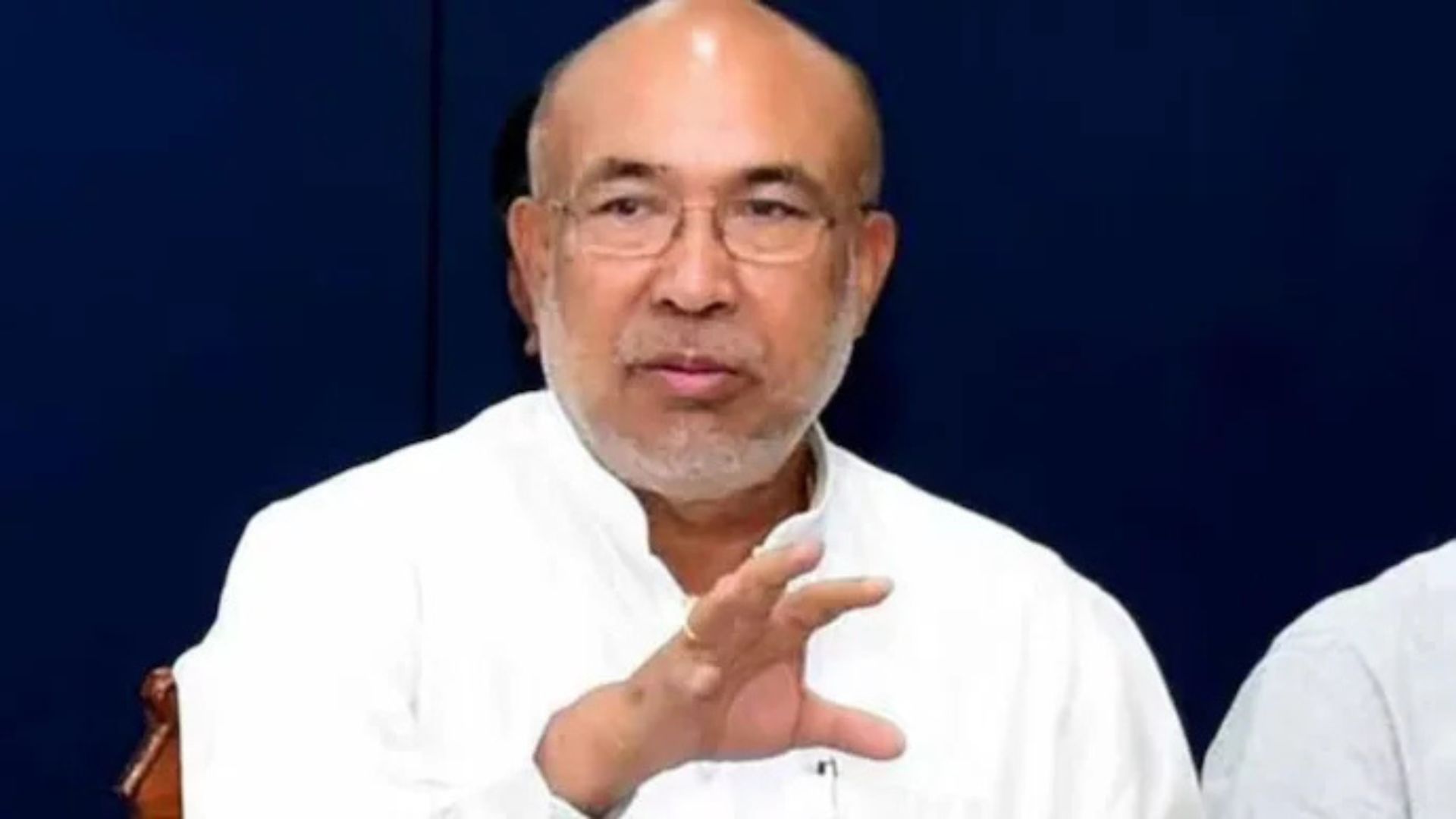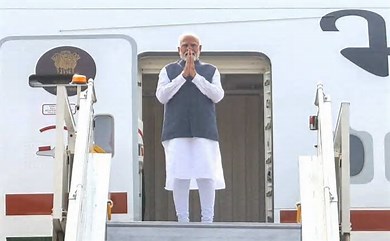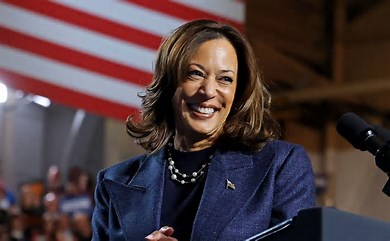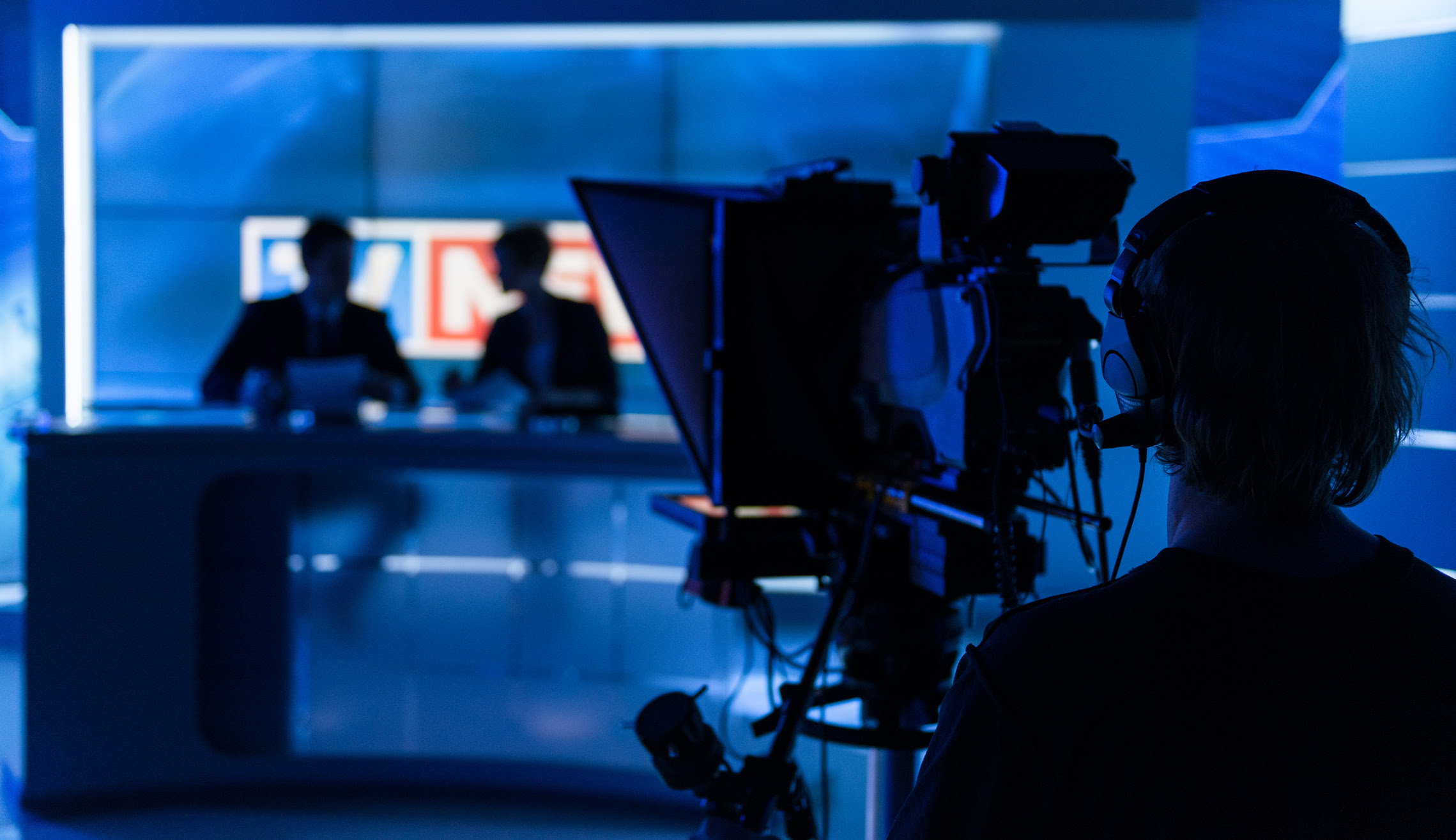
What more can one expect from a broadcasting organisation that was set up against the backdrop of promoting colonialism and neo-colonialism to ensure that the United Kingdom’s voice was upper most in the newly shaping global order. At a time when India has already left the UK far behind, there is bound to be toxic response from those who had always believed India to be a land of snakes and ladders. But what is more surprising is the response of the Congress and other leaders who have questioned the government’s band on the BBC documentary that shows Modi in bad light and have cooked up stories bereft of facts. Has opposition to Modi blinded the Congress so much that it does not even trust the Indian judiciary? Or is it that the Congress and the BBC are members of the same toolkit to try to defame Modi? The government has nothing to fear, but the government is duty bound to stop the spread of rumours based on fiction since it can create hatred among communities. Since the BBC is funded by British households with approval by British Parliament, it cannot be said to be independent of the government. But at times, the organisation has gone against government representatives citing British national interest. So, there can be moments when the head of the BBC may decide what is the best national interest, even at the cost of ignoring its own Prime Minister. So, Tim Davie, the current Director General of the BBC, will decide what is good for the UK. If he feels that the UK is getting too close to India under a PM of Asian (Indian) origin, he may push forward his agenda of anti-India. Some pure British priding of their skin must be sulking that India has left the UK behind in the economic race. The BBC’s concern has been to push forward a narrative that would show India in a bad light and carry forward the narrative of a divided India. Besides his illustrious career as the marketing guy in Pepsico and before joining the BBC, he stood as a councillor for as a member of the Conservative Party in Hammersmith in 1993 and 1994. Also, he was the deputy chairman of the party at Hammersmith and Fulham in the 1990s. This explains his political bias. Since Prime Minister Rishi Sunak also belongs to the conservative party, it is quite possible that Davie is batting for someone else. This is also quite possible that this is reflecting his sensitivity that a UK is not safe under an Asian Prime Minister. Otherwise, why would he rake up an issue that has been settled in India after the final verdict of the Supreme Court that Indian Prime Minister Narendra Modi had no role in the Gujarat riots of 2002 when he was the Chief Minister of Gujarat. But his detractors would not stop at this. They are well networked with international NGOs and missionary organisations that enjoy considerable clout in shaping opinions. It has been done to besmirch India’s image at the world stage. And then try to impact Lok Sabha elections in 2024. The BBC claims to be nonpolitical but very few believe in that. During the Brexit debate, the organisation had come under cloud due to some tweets by its employees. Davie had accepted that in such a cultural divide it was difficult to maintain political neutrality. There was a time when almost the entire world guided by US-UK centric world view, supported by some Indian parliamentarians, had sought to declare Modi a pariah. While Modi’s critics back home were desperate to defame him, many foreign governments were just waiting for the outcome of 2014 Lok Sabha elections. Sadly for them, people of India trusted Modi and rejected the doomsayers. Modi knew he had not done anything wrong. Instead of succumbing to the demand of his critics that he should say sorry for the riots and apologise, he said if had done anything wrong, he should be punished. “I should be hanged,” he had said. His ways to confront critics and his own sense of justice were an affront to the ruling elites who thought they ran the world. Things changed drastically after Modi’s stupendous victory in 2014 Lok Sabha elections. Countries that may have toyed with the idea of no contact policy with him shuddered at that thought now. The NGO wallas and the missionaries were overruled to roll out red carpet welcome. Leaders across the world vied with each other to court Modi. But Modi never judged these countries by their past actions. He cultivated world leaders by his genuine warmth and vision. While his critics and detractors were caught in their Hindu-Muslim binary, Modi worked on the development narrative that he had started weaving ever since he became the chief minister of Gujarat. The entire world started realising that Modi was wronged by his detractors and he was a well-meaning person trying to find solutions. He cultivated the Muslim world like never before. The prophets of doom had written him off in 2019, but he came back with more strength. Their single point agenda seems to be to how to dislodge the Prime Minister who has been working on India first and has rekindled the spirit of nationalism in an average Indian. He has antagonised vested interests by disqualifying lakhs of directors of the company who ran shell companies and has launched a frontal attack on the NGOs that took funds from abroad but did not account for the money. Even Amnesty International, the UK’s civil arsenal to interfere in the affairs of other countries in the name of human rights violations, was banned by the Modi government for unethical practices and for generating funds through dubious means. How could India do this was the issue? AI enjoyed its own fiefdom and funded select NGOs to further its agenda of showing India in a bad light. One officer of the British Intelligence had told me, when I was working as Political Advisor at the British High Commission in Delhi years ago, that no foreign government would accept a nationalist government in India. The officials shuddered at the thought of Modi becoming the Prime Minister. During one of the interactions, they were surprised when I asked them what they would do if Modi became the President of the BJP or the Prime Minister of India. Nobody believed at this possibility in 2008. My Indian colleagues were more than keen to please them and evolved a consensus that this was not possible. I was blunt since I did not look for any favour and why was the UK following the policy of maintaining distance from Modi and Gujarat when most foreign governments had already gone there. One of the officials congratulated me after 2014 for making right assessment about Modi in 2008. None has doubt that Modi is going to get a third term in 2024 without much of difficulties. Before that there are elections in the states. His detractors are nervous and would do anything to prevent a Modi resurgence in 2024. The BBC and other foreign publications are not interested in democracy or a better India. They would prefer chaos if it suits their interests. This is the way the British ruled India and this superiority complex is a part of the British DNA. Go to any racially undiluted British family and you would know how proudly they talk of how their ancestors ruled India or how many they converted into Christians. Can you separate People’s Dailies from the view of the Chinese establishment or the Doordarshan from the Indian Government? In the same way, one cannot make a distinction between the BBC and the British establishment. But the BBC has clearly gone overboard and it was good that British PM Rishi Sunak clarified that he did not share the same view about Modi. Is Modi phobia so strong that the BBC does not understand that it has been violating its own charter? The House of Lords Digital and Communications Committee on BBC funding found out “although the BBC could not provide content that pleased everybody all of the time, the committee found that the BBC was not representing all sectors of society”. The report that came in 2022 recommended that “the BBC should continue to work to show more overtly that is “respects, understands and reflects all sectors of UK society”.” The huge Indian diaspora that runs Britain’s National Health Services and other Indians who contribute to the British economy would definitely not agree with the BBC documentary on Modi. Gujarat riots were wounds best forgotten. Culprits have been punished, voluminous reports have come after detailed investigation and not a single piece of evidence has been found to implicate the State’s political establishment of that time. The Supreme Court of India, one of the most credible institutions of Indian democracy, has attested the closure report. But someone sitting in the BBC wants to fester those wounds. Hindus and Muslims were meticulously divided by the British on religious lines after they realised in 1857, the dangers United India posed to them. How can the two religious communities live in harmony? Find out some people who would speak with fabricated evidence, make them speak and you get a hot selling anti-India narrative. Plenty of stories like that can be made of the various divides that exist in the British society—of white and black, pure British and mixed race, Christians and Muslims. The BBC is not even helping the British economic interest. It is in the interest of both the UK and India to band together. The UK is strongly supporting the Indian bid for a permanent seat at the UN Security Council. We know the vested interests that would work against this to deny India its rightful place.


